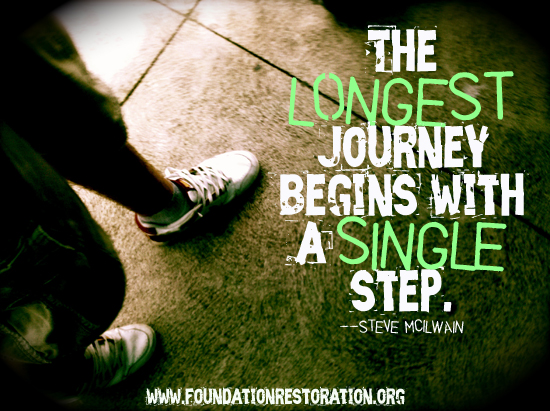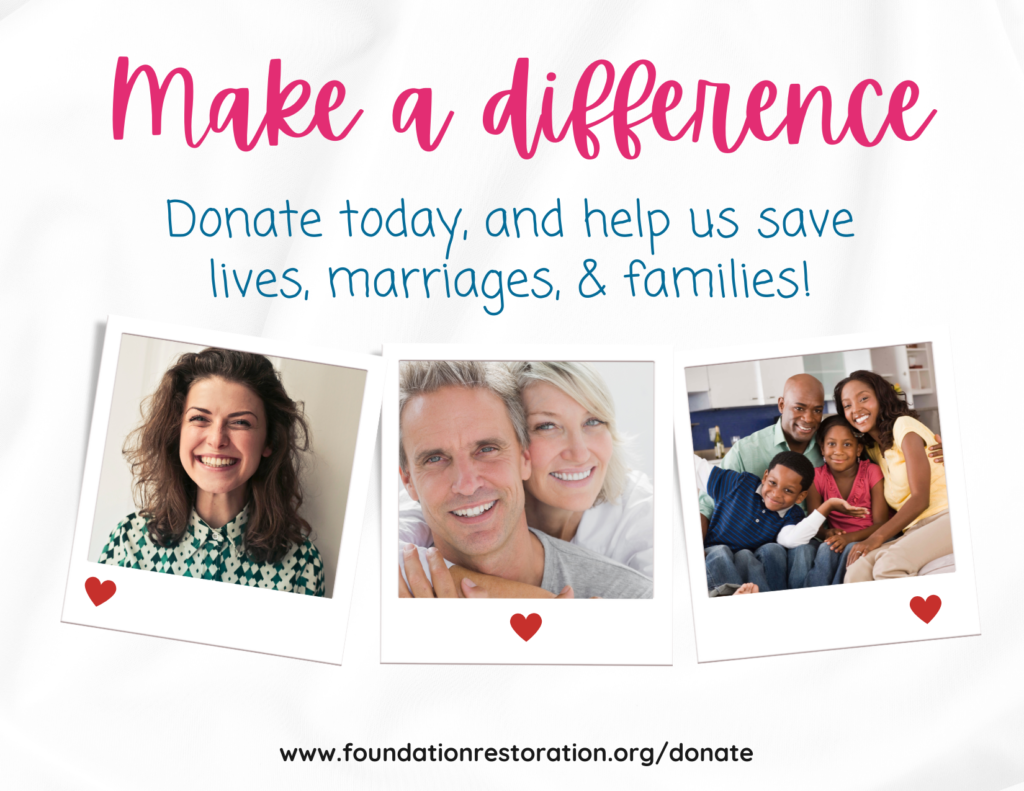By Steve McIlwain
Hubs here.
First of all, this is not about babies. It’s more about “What About Bob?” A new year has arrived. With it comes the hopes and dreams of a new you; a healthier lifestyle, better relationships, kick bad habits, learn something new. New Year’s resolutions abound in countless forms and styles, and when the ball dropped at midnight on December 31st, millions of people reveled in the vision and possibility of a better self.
It is our hope that being a better spouse is on your list of New Year’s resolutions. You may already be the near-perfect partner, or you may be the world’s worst. Regardless, marriage needs consistent care and improvement and is a worthy resolution. What better change can you make than to be better for the person you love most? The perpetual drive to be a better spouse is a perfect addition to the list of things you would like to improve in the New Year.
However, the elation of the human spirit’s desire to improve often quickly gives way to a cold reality; change is hard. A recent study showed that in the first week of 2013, 33% of Americans had either broken or cheated on their resolutions. By July, more than half of all New Year’s resolutions will be abandoned. Yep, change is hard.
Why is change so difficult? How is it possible that in one week people who vowed to change their lifestyle had already struggled with that commitment? While it’s an extremely layered answer, here are three main drivers and how they relate to your marriage:
The unknown is scary: As human beings we tend to love our routines. In many ways they are the security blanket that assures us everything is ok. Routines allow us to have a solid grasp of what life demands of us. Changing that carries us out of the light of our comfort zone and into the darkness of the unknown. Within marriage, although your relationship has its flaws, it is comfortable. You have a certain routine, and through the good and bad, it’s your routine. Changing may shift dynamics, cause friction, and bring discomfort. It may lead you away from the current grasp you have into an area that makes you feel insecure. That’s scary, and it’s easier to stick with the status quo.
Hard work is tough: Straight up; hard word is tough. Inspiration for improvement motivates us to begin sweeping changes. However, that feeling of elation can quickly give way to exhaustion and procrastination. The reality of your metamorphosis is less the feeling of euphoria and more the feeling of fatigue. When the jaws of weariness, exhaustion, and tiredness sink their teeth in, your initial ecstatic rush is little more than a distant, unrecognizable memory. On the marriage front, you may already be maxed out. Every second of the day is filled with juggling your spouse, work, school, kids, house, extended family, friends, and a million other things. How can you possibly extend yourself further?
Overwhelming magnitude: Sometimes comparing your current position to your desired destination feels galaxies away. Crushing thoughts of not knowing where to begin, self-doubt, inadequacy, and fears of failure are all-consuming. You are convinced that your goal is too large, and therefore, why even try? For your marriage, you may feel that it’s a lost hope. You may feel that your spouse will never change so it’s just not worth it. Maybe you feel that the thought of a better relationship is just not in the cards for you so it’s not even worth the effort.
So how do you overcome such bleak circumstances? How do you defy the odds and successfully improve your current situation? How do you unlock the paralysis of overwhelming change? Here’s the answer: baby steps.
Baby steps are a tiny move in the new direction you would like to take. It’s a step into the unknown, but a little step, so it doesn’t really feel foreign. It’s more work than you’re currently doing, but such a small amount that it’s barely noticeable. It’s moving towards your ultimate goal, but with such a minute step that it’s not overwhelming. Some think that baby steps are useless because it seems as though you’ll never actually reach your destination. I completely disagree. The longest journey begins with a single step. The way to eat an elephant is one bite at a time. Pick whatever metaphor you like. Baby steps are a way to start you on your journey and begin building momentum, however small, towards your ultimate goal.

How can the concept of baby steps apply to your marriage? What small and simple yet meaningful step can you take to be a better spouse and further support your partner? Maybe it’s running an errand or two, cleaning the dishes, a 10 minute foot massage once a week, supportively listening to your partner vent about their day, writing a love note, going to one therapy session, making the bed, taking over laundry duties once a month, reading a couples/devotional book together for 10 minute a day, or any other relatively small idea you can think of.
Each of the scary areas of change contains practical, legitimate, and understandable issues. The unknown is scary, hard work is tough, change is overwhelming. Yet, within those realities, the choice is yours: will you overcome them, or will your current circumstances perpetually dominate? Taking baby steps moves you towards your ultimate goal in a digestible way, and over time builds phenomenal new habits and life changes. Come up with little, creative ways to be a better spouse, and start making your New Year’s resolution come true.
Copyright © 2013, Foundation Restoration. ALL RIGHTS RESERVED. No reproduction allowed without written permission from Foundation Restoration and/or the author.






Leave A Comment